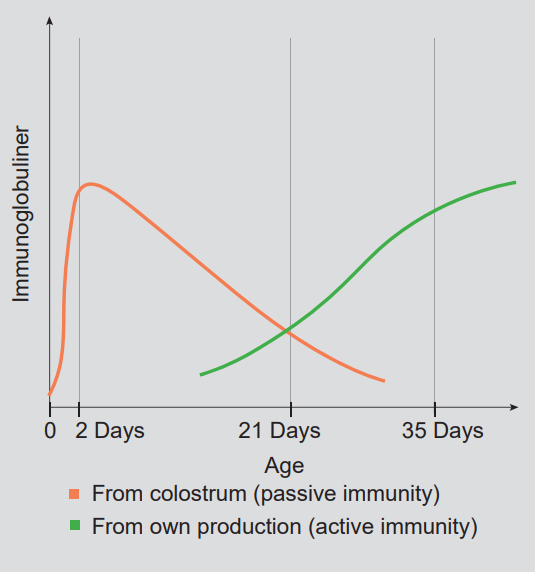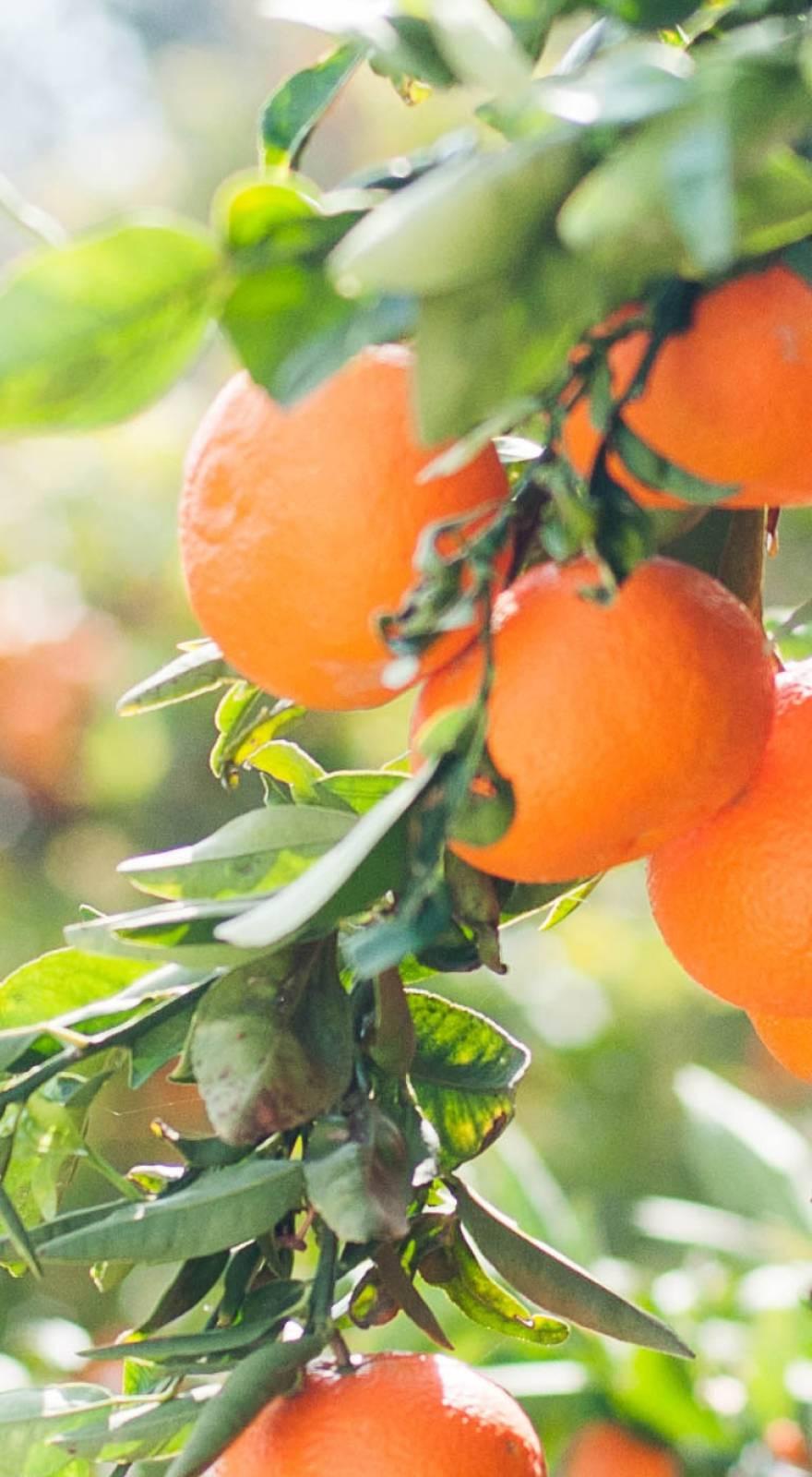Knowde Enhanced TDS
Identification & Functionality
- Animal Feed & Nutrition Functions
- Ingredients
- Coconut Oil, Dextrose, Yeast Extract, Dicalcium Phosphate, Psyllium Seed Husks, Saccharomyces Cerevisiae
- Technologies
- Composition
- Psyllium husk
- Dried fruit pulp (apple)
- Dicalcium phosphate
- Yeast extract (saccharomyces cerevisiae)
- Coconut oil
- Dextrose
Additives
- Sensory:
- Salix alba L. white willow extract
- Sodium saccharinat
- Neohespheridindihydrochalcon
Features & Benefits
- Animal Feed & Nutrition Features
- Features
- Contains Danish fermented willow extract
- Stabilizes the digestion
- Stimulates the intestinal health
- Promotes the beneficial bacteria in the gut
- Inhibits the harmful bacteria in the gut
- Binds toxins that are excreted with the manure.
Weaning is a stressful period for the piglet and can lead to digestive disorders. Therefore, it is important to support the piglet’s digestive system for a smooth weaning process.
- Product Highlights
- TandeMate consists of various fibers, Danish fermented willow extract, yeast extract, and coconut oil. All components are known to have a positive effect on the microflora in the gut, intestinal development, and the immune system.
- The gastrointestinal health around the time of weaning can be improved by adding fibers to the feed. The piglet does not have any digestive enzymes, which can break down the fibers in feed, but the microorganisms in the cecum and colon can partly break these down.
- Organic acids (primarily lactate, acetate, propionate, and butyrate) are then produced, which stimulate the intestinal growth. This increases the gut surface and the absorption capacity.
- The organic acids decrease the pH in the gut and inhibit the growth of the pathogenic bacteria, including salmonella, E. coli, and clostridia. At the same time they promote the beneficial bacteria in the gut, such as lactobacillus and bifidobacteria.
- Soluble fiber binds liquids in the stomach and gut and increase the viscosity of the feed, which reduces the rate of gastric emptying and increases the time of the feeds in the small intestine. Therefore, the digestive enzymes have a longer time to work, and more nutrients can be absorbed.
Weaning
- Weaning is a stressful period for the piglets as they are removed from the sow, mixed with non-littermate piglets, transported to new surroundings, and last, they are not nursed by the sow anymore. Although the piglets are offered feed in the farrowing crate, most of their daily feed intake is still sow milk.
- After weaning they transit to 100% dry feed, consequently not being provided with protective antibodies from the sow milk. During the fi rst days after weaning the feed intake will often be limited, and this can affect the gut villi negatively which leads to reduced nutrient uptake and digestive disorders.
- It is important that the piglets have learned to eat dry feed before weaning, so the enzyme production to digest the feed is initiated.
Digestive disorders during weaning
Digestive disorders occur typically 3-10 days after weaning, and is caused by the growth of enterotoxigenic E. coli, typically F4 and F18. E. coli is commonly found in the environment and in the gut. Under certain conditions, E. coli cells will multiply. Typically, piglets will encounter such conditions when they are moved, mixed with non-littermate piglets, and feed changes. Environmental factors such as temperature, ventilation, and humidity, can also cause E. coli to increase. Furthermore, infection pressure and poor hygiene are contributing factors.
- TandeMate®
- Complementary feed for stabilization of the digestion during weaning period
- Contains fermented willow extract which has an anti-infl ammatory and prebiotic effect
- Based on fi bres and yeast extract which stabilizes digestion and stimulates the gut microfl ora
- Contains psyllium husks which bind liquid in the gut and decrease the passage-rate in the gut
Applications & Uses
- Markets
- Usage
- Can be used during period of weaning as an alternative to zinc oxide or antibiotics.
- In some cases, it may replace zinc oxide or antibiotics without any other changes, but, in certain cases changes in feed composition and/or management adjustments are necessary.
- TandeMate is given the last week before weaning and in the first week after weaning.
- Alternatively, it can be given the first 14 days after weaning.
- Give it as topdressing on dry feed or mix it into the feed before feeding.
- How does TandeMate® work ?
Psyllium husk
- Psyllium Husks have a high content of arabinoxylan, which have a positive effect on the intestinal barrier function, mucus production (protective mucus layer) and the composition of bacteria in the gut.
- A trial by Hayden et al. 1998 with psyllium husks for piglets infected with enterotoxigenic E. coli showed that psyllium husks can reduce the severity of E. coli induced diarrhea and prevent electrolyte loss.
Apple fibers
- Apple fibers have a high content of pectin, which is a non-starch polysaccharide that stabilizes the digestion. Pectin binds harmful bacteria in the gut and absorbs their toxins, which are then excreted with the manure. Thus, there is no growth of pathogenic bacteria in the gut. Pectin forms a gel, which protects the gut and regulates the peristalsis.
- Some studies show that pectin reduces rotavirus, which also commonly causes diarrhea in piglets.
Fermented willow extract
- Tandemate contains fermented willow extract from Denmark, where the willow is cultivated, harvested, and fermented.
- The willow contains several different bioactive substances such as salicin, phenols, tannins, and flavonoids. Salicin is converted in the body to salicylic acid, which is known from aspirin and other painkillers. Willow has due to the high content of bioactive substances an anti-inflammatory, antimicrobial, and antioxidant effect. It also has a positive effect on the intestinal flora, occurrence, and severeness of digestive disorders.
Prebiotics
TandeMate contains the yeast extract actigen, where the active substance mannan oligosaccharide (MOS) is obtained from the yeast cell wall. Actigen improves the protective mucus barrier in the gut, and the intestinal structure. Actigen binds the pathogenic bacteria and prevents colonization and growth of these. In addition, the beneficial bacteria are stimulated, and the intestinal flora is stabilized. Actigen has a positive effect on the immune system.
Coconut oil
TandeMate contains coconut oil, which has a high content of short and medium chain fatty acids. These are easy to digest for the piglet. It is tasty (palatable), and tests have shown that coconut oil may increase feed intake and daily weight gain. Coconut oil has a high content of lauric acid, which has an antibacterial effect.
- Dosage
- 4 g/piglets
- Farrowing stable: ½ cup/15 piglets is given once daily the last week before weaning.
- Weaning stable: Give 1 cup/30 piglets is given the first week after weaning
- Alternative: 1 cup/30 piglets is given once daily for the first 14 days after weaning.
Can be used as topdressing on dry feed or mixed into the feed.
Properties
- Analytical Properties
| Value | Units | Test Method / Conditions | |
| Crude Protein Content | 6.1 | % | — |
| Crude Fat Content | 9.0 | % | — |
| Crude Ash Content | 8.2 | % | — |
| Crude Fibre Content | 4.5 | % | — |
| Lysine | 0.0 | % | — |
| Methionine | 0.0 | % | — |
| Sodium Content | 0.07 | % | — |
Regulatory & Compliance
Technical Details & Test Data
- Test Data
The piglets are often weaned between 21-28 days of age, where their immunity is weak as the piglet’s immune system is not fully developed. See figure below.
Immunoglobulins in piglets blood the first 8 weeks after birth

Packaging & Availability
- Packaging Type
- Packaging Size
- 4 kg bucket
- 15 kg bag
- 1 measuring cup (in bucket)

